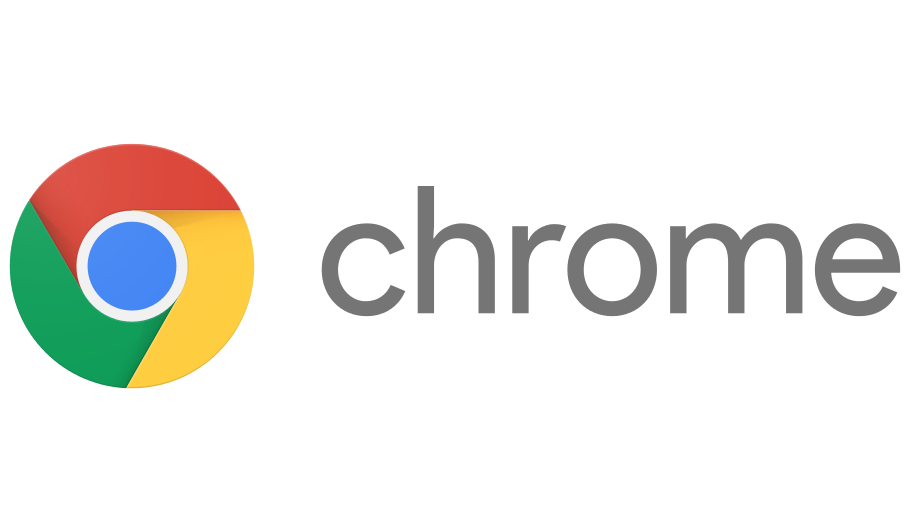
The latest version of Google’s Chrome browser is now being rolled out for Mac, Windows and Linux, with fixes to the controversial login system that was introduced the previous release.
In an attempt to “simplify” the login process, in Chrome 69 Google added a new feature that logged users into the browser when they signed into a website owned by the search giant. After copping furious backlash from users who were worried that their browser history was being synced every time they logged into Google-owned sites, the company has added the option to turn off linking web-based logins with browser-based sign-ins to Chrome 70.
The new setting, called “Allow Chrome sign-in”, is turned on by default, meaning users will be signed into the browser if they log into a Google-owned site such as YouTube or Gmail.
While Google denied it was syncing user’s browsing history, anyone not comfortable with the feature’s potential privacy implications can now turn it off completely.
Mindful of privacy
Along with the ability to control how browser sign-in works, Google has also revamped the user interface for Chrome Sync accounts. The new UI will display whether their Google accounts are “Not syncing” or “Syncing to” above their account name, giving users the ability to see at a glance if their browsing data is being sent to and stored on Google servers.
That’s not all, though. Google is also giving users the ability to grant Chrome plugins per-site permissions to improve security. This will limit extensions to just a few sites, denying access to a user’s complete range of activities and data.
Extensions will also be restricted to executing on a page until a user clicks the plugin icon and selects one of three options: “When you click the extension”, “On this site”, and “On all sites”.
Another new privacy feature of Chrome 70 is the automatic exiting of fullscreen mode when a website displays a dialog box or a pop-up, giving users more context before deciding on a course of action for those alerts.
More than a minor upgrade
Chrome 70 will also ship with an integrated AV1 decoder, a royalty-free codec for more efficient and better quality video streaming, although encoding capabilities haven’t yet been included.
Google killed off Chrome browser apps earlier this year and has instead focused on Progressive Web Apps (PWAs) on Windows, which the latest release of the browser now supports, and can be launched from the Start menu.
Chrome 70 for Android is still a work in progress, but is available for iOS via the App Store – although the accompanying mobile version doesn’t seem to be a major upgrade.


























